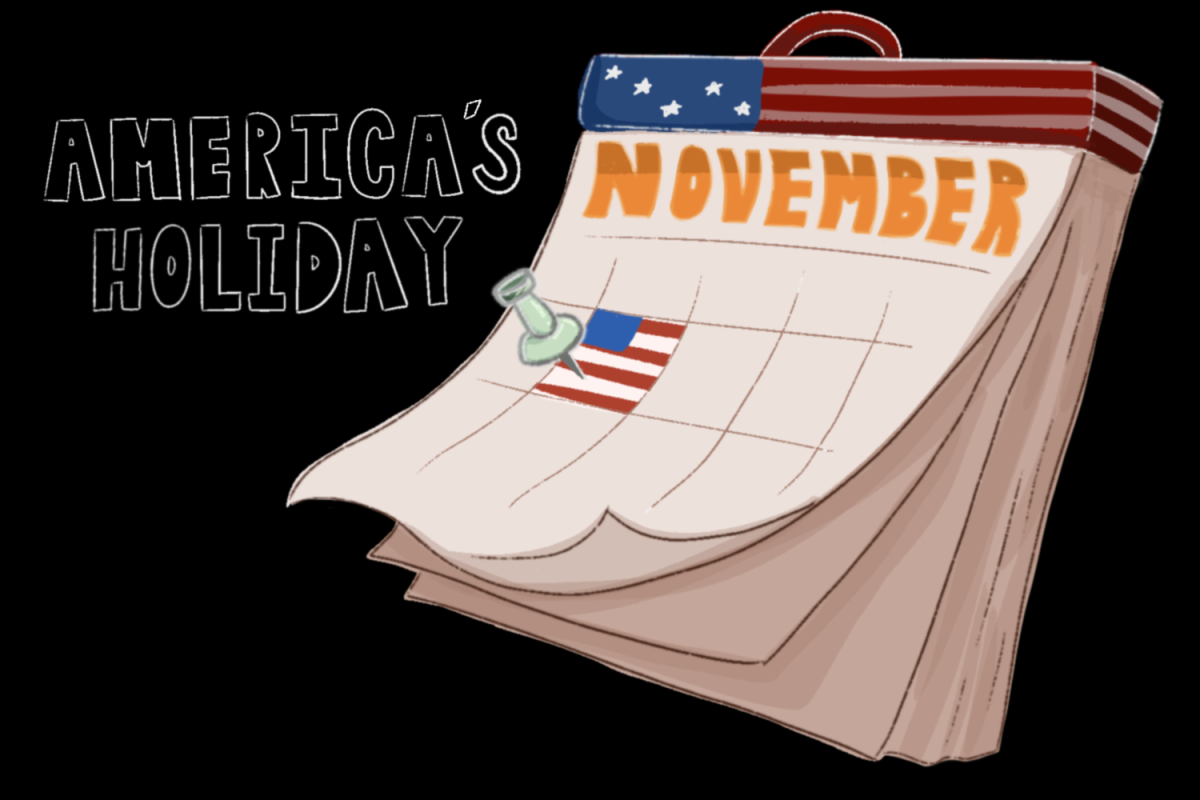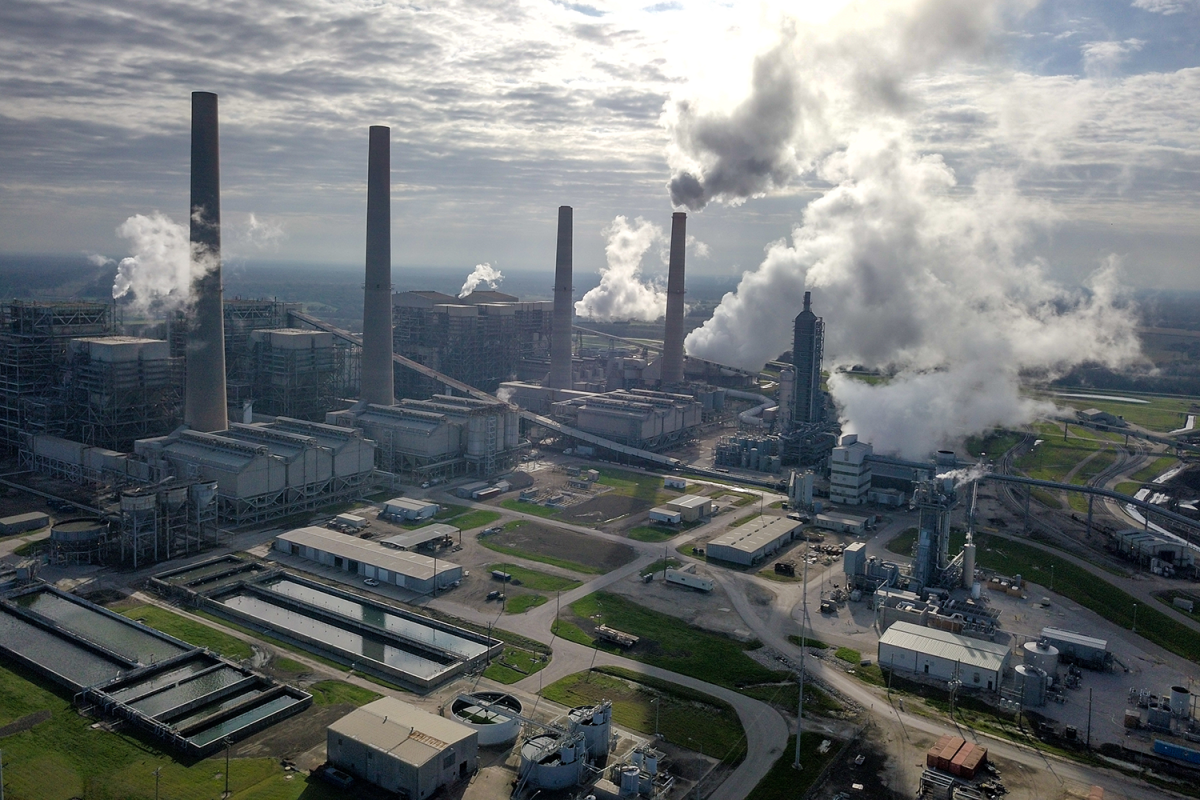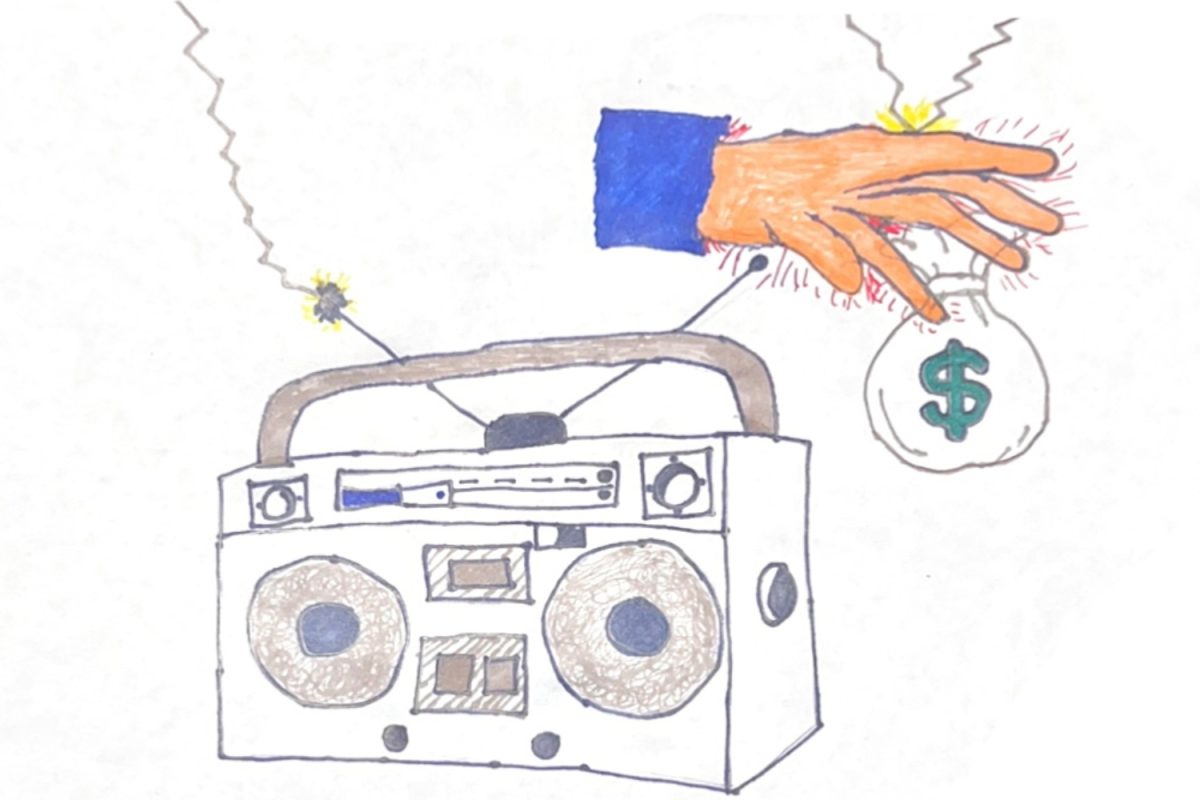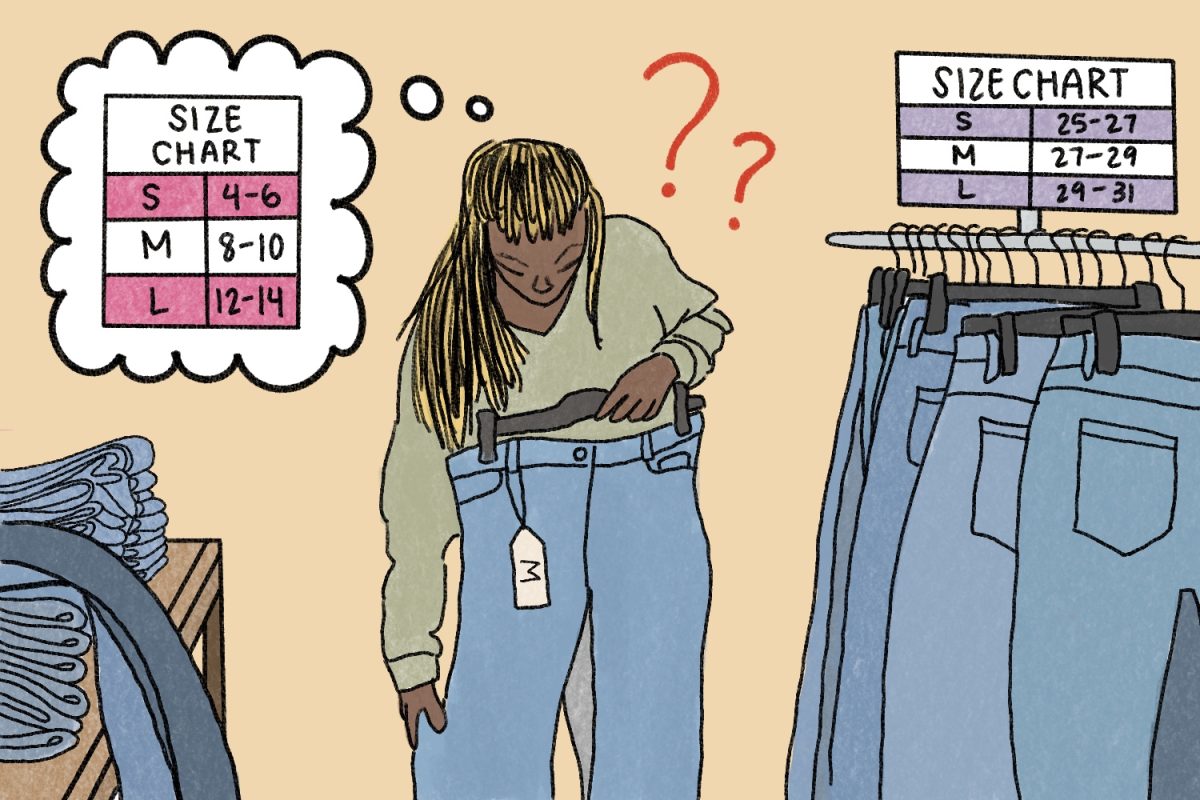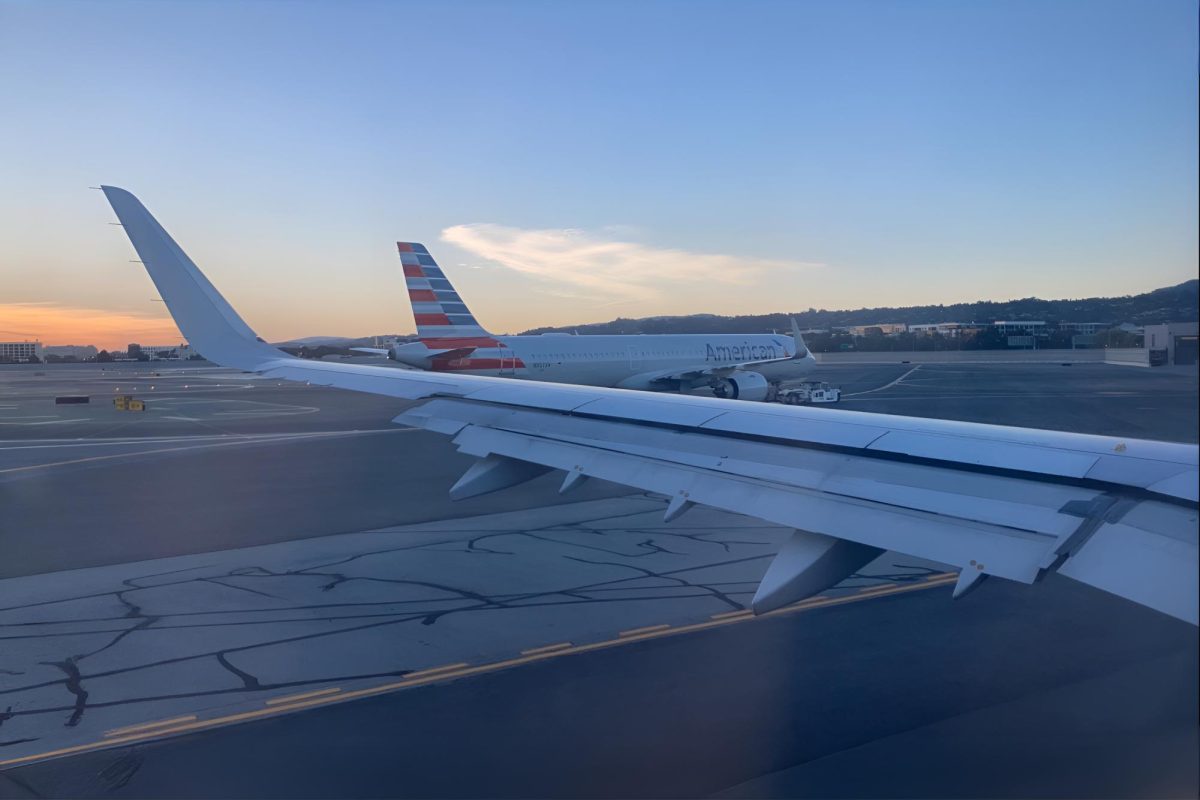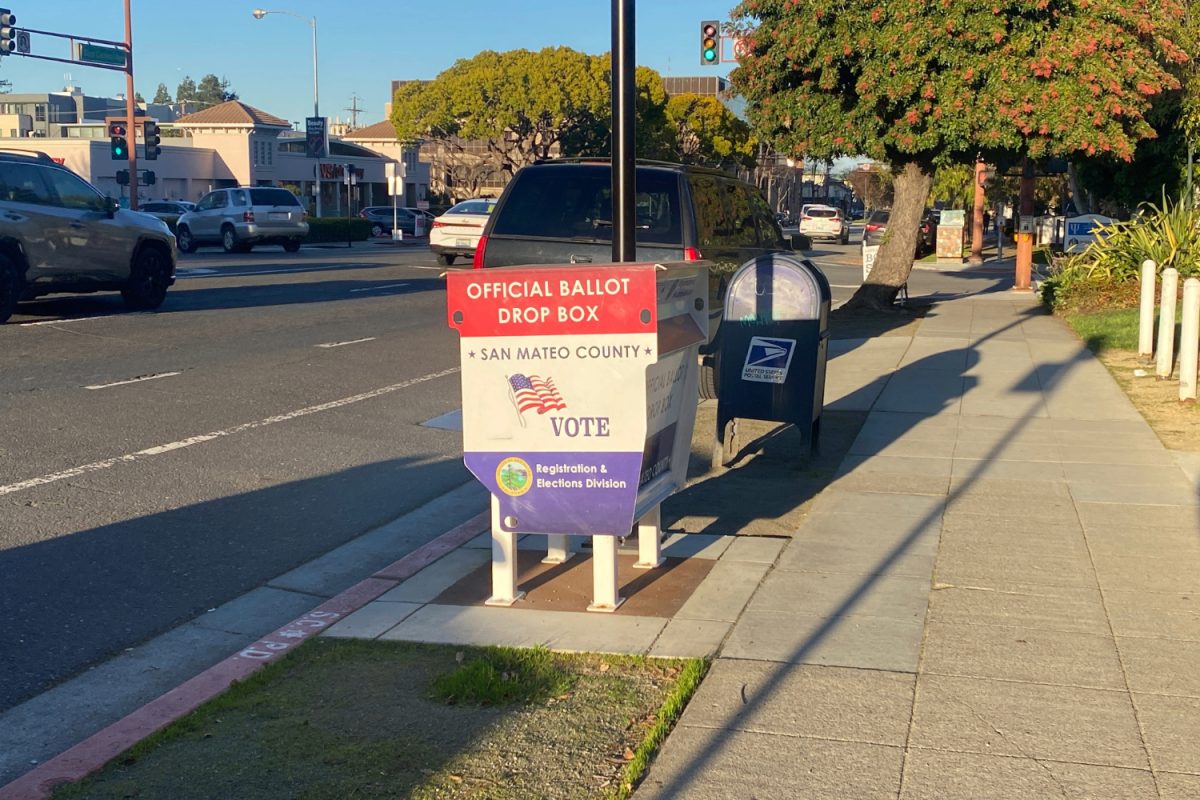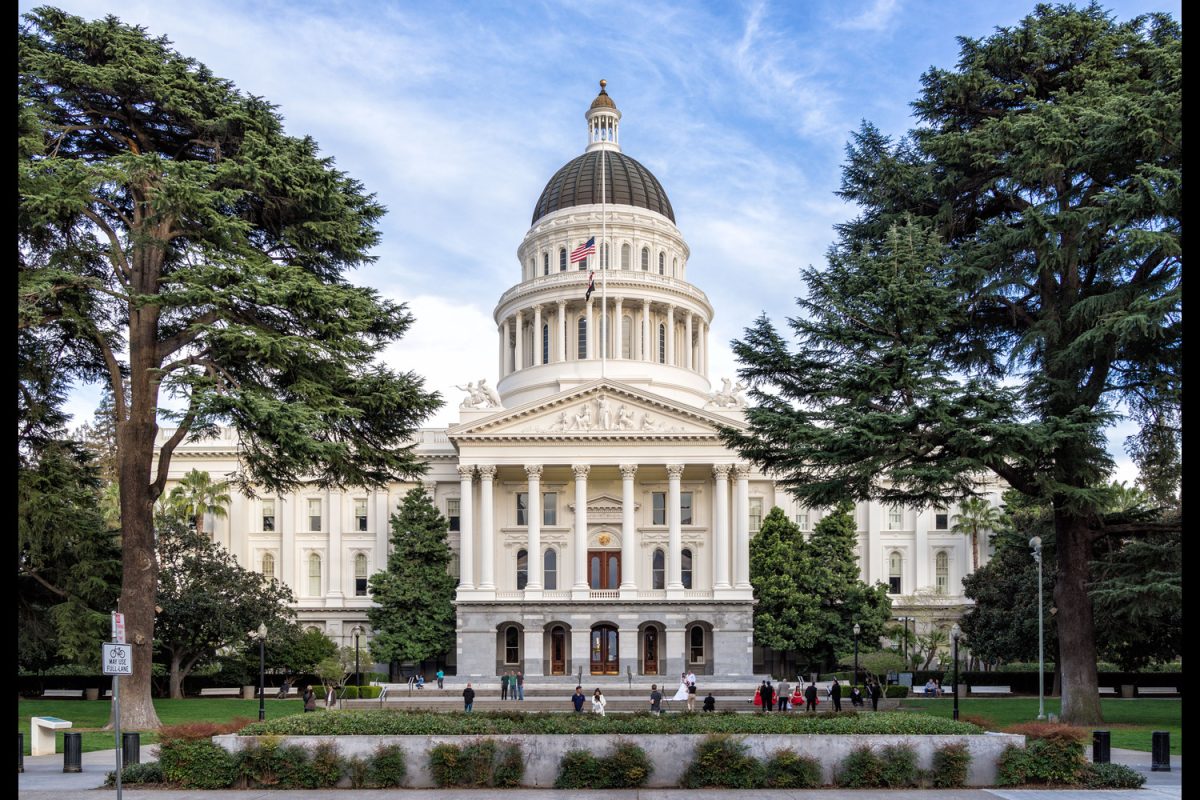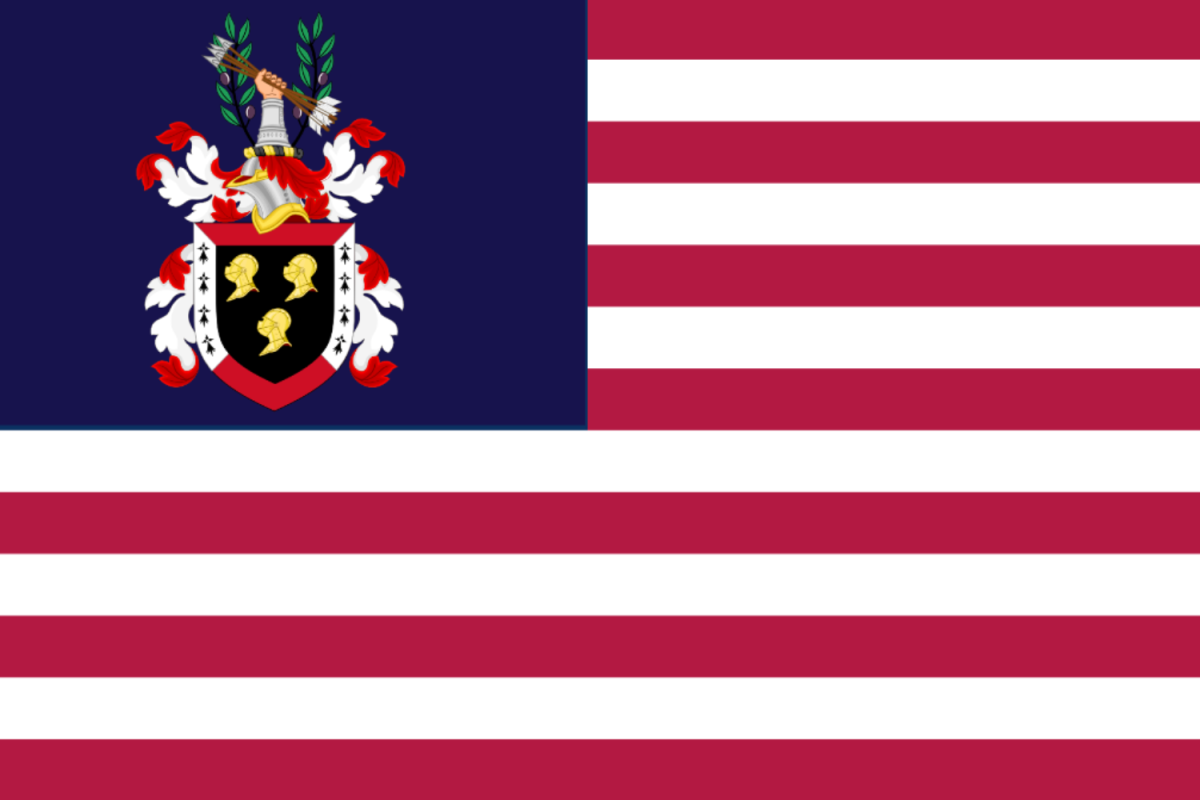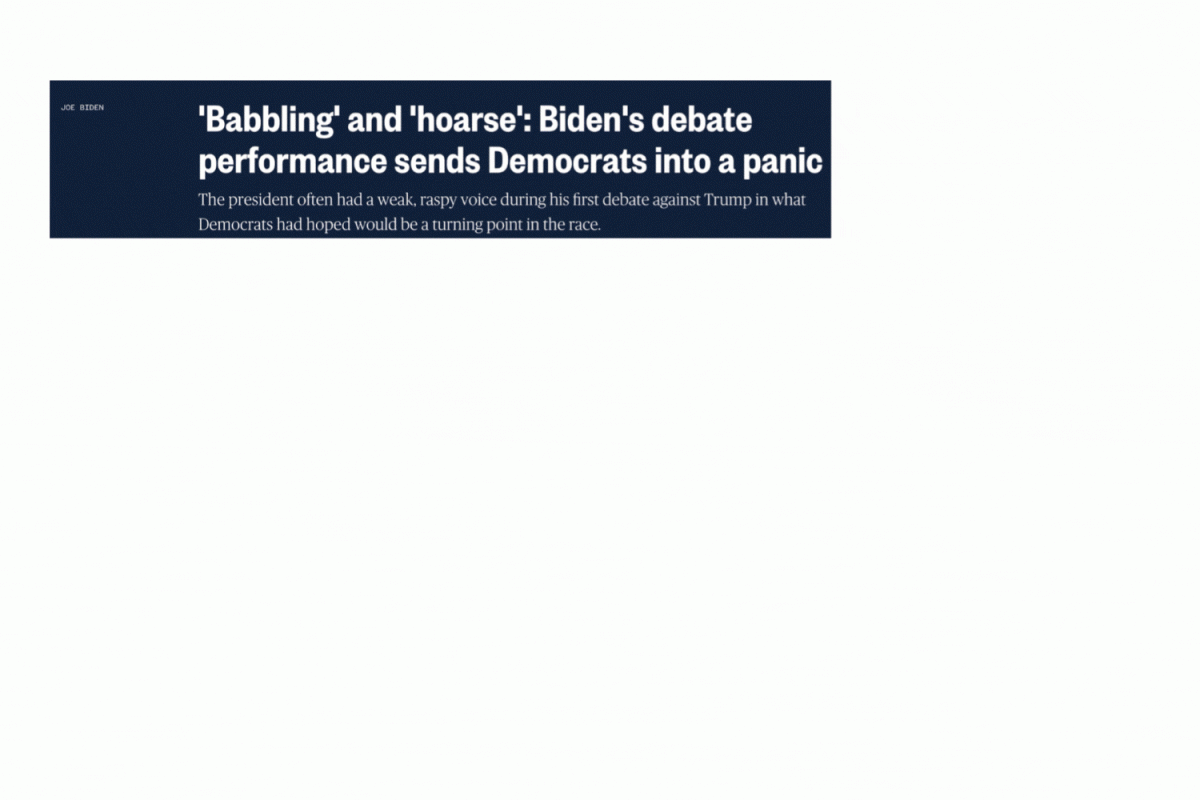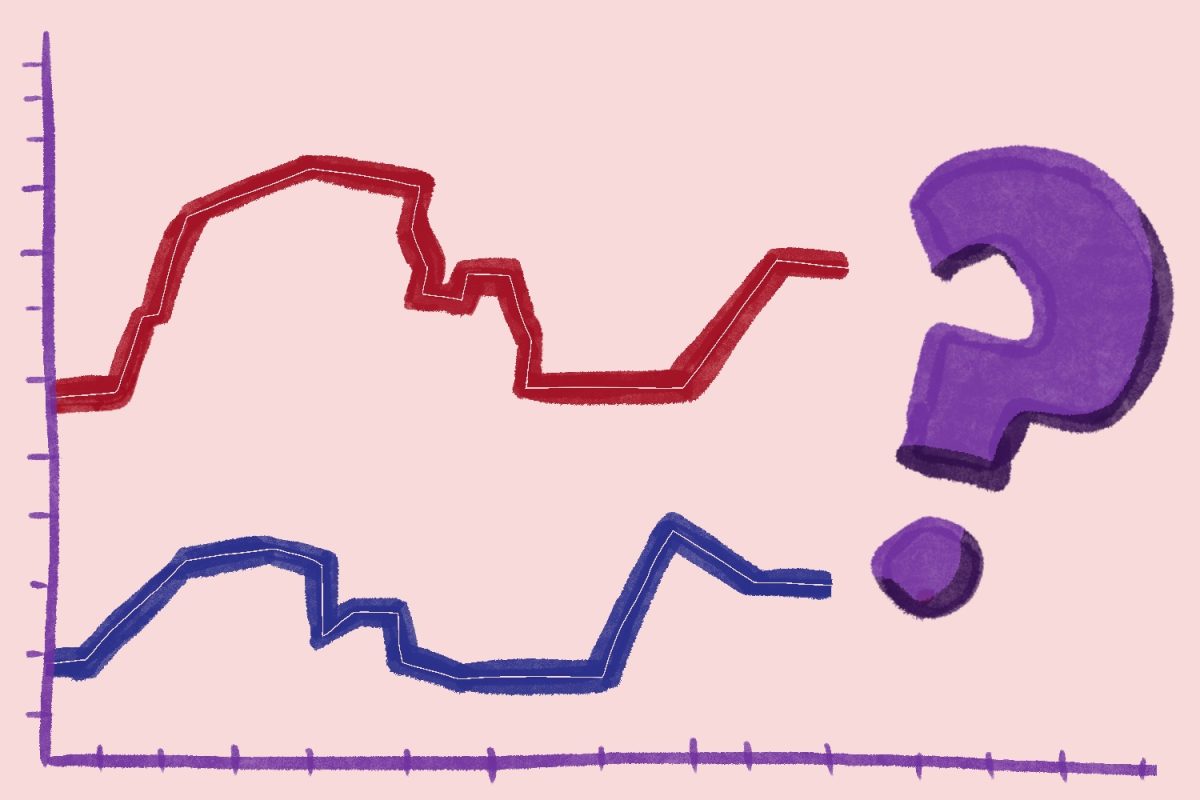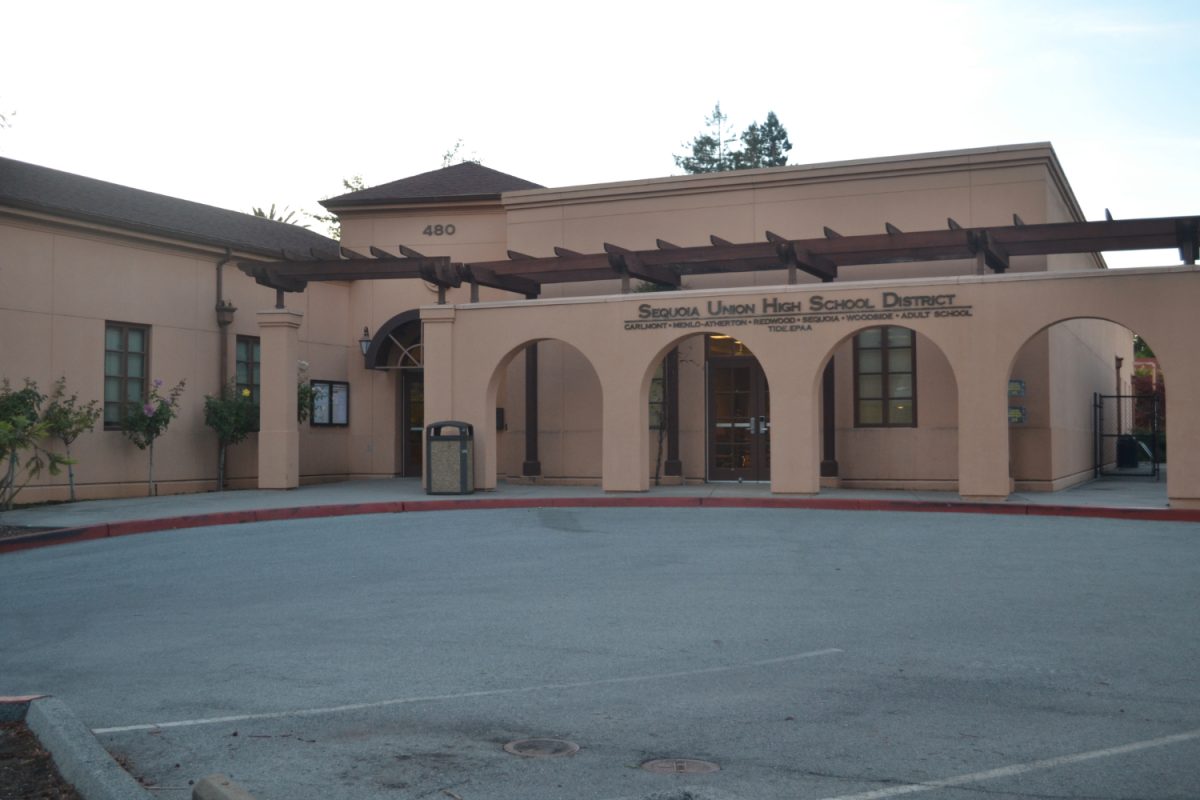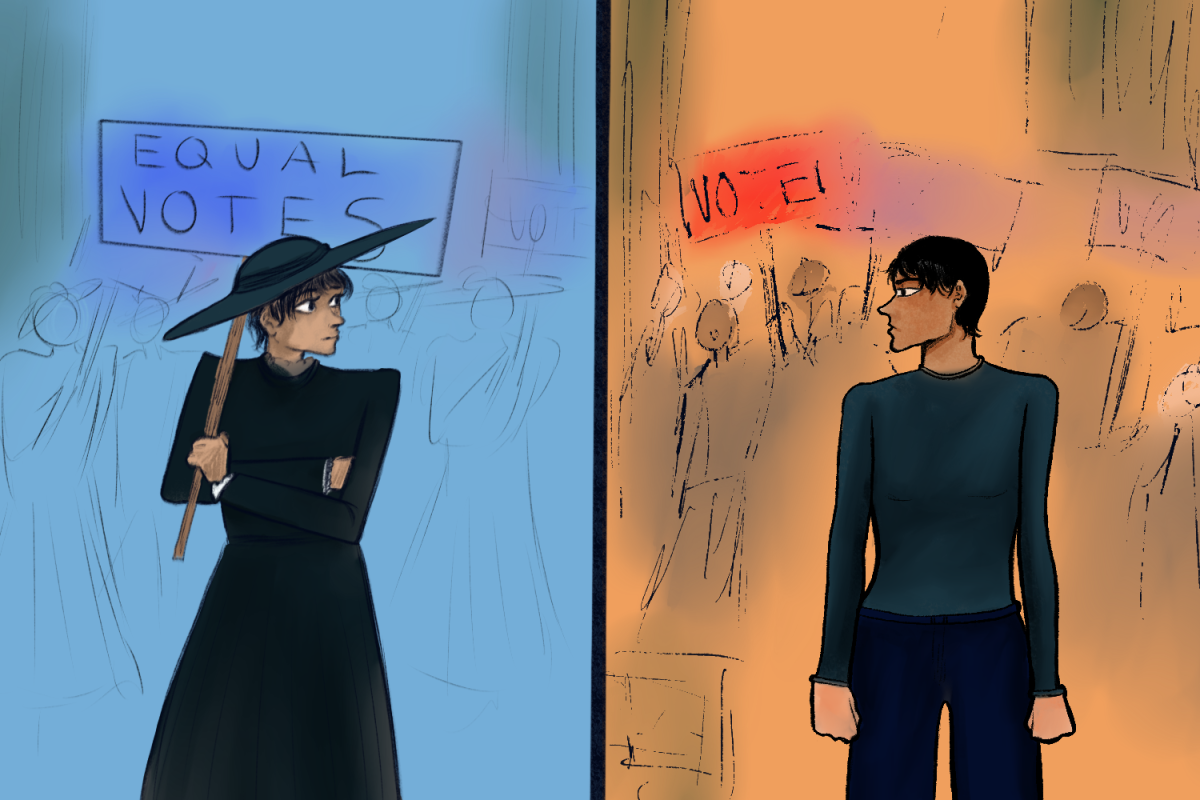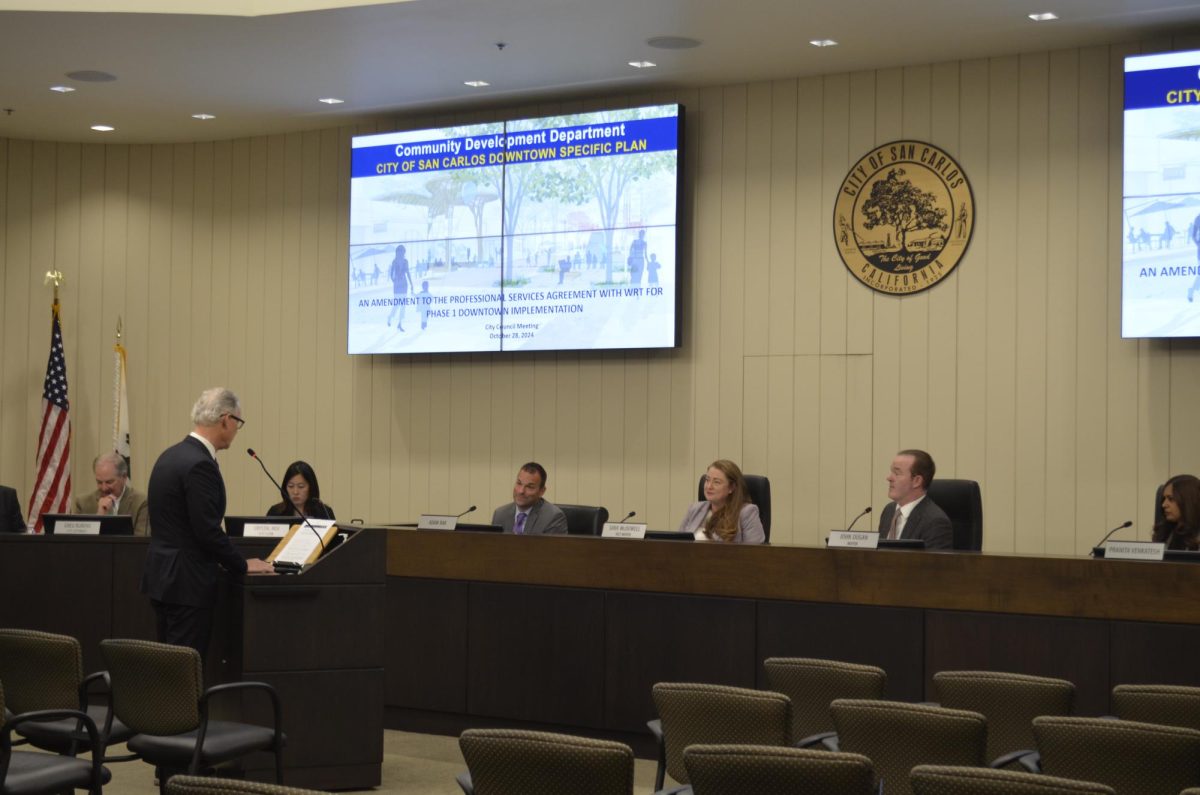The United States had a turnout rate of 63.25% of its voter-eligible population in the 2024 general election, a dip from 2020’s 69.9%, the highest recorded turnout in the nation’s history, according to the University of Florida Election Lab.
When compared to other Organization for Economic Cooperation and Development (OECD) member countries, the United States ranks 31 out of 50 for its voter turnout rate, according to Pew Research Center.
This is a problem. In an era where politics are extremely polarized, it is imperative that as many eligible voters as possible vote. The solution to lackluster turnout is simple: making Election Day a federal holiday.
Though Article I of the Constitution grants states the authority to conduct elections, the federal government has nevertheless implemented certain regulations to promote some uniformity throughout the nation; for one, in 1845, President John Tyler signed a law making Election Day the Tuesday after the first Monday in November. However, the nation’s demographics were vastly different from today — most of society was both religious and agrarian at the time, making a November Tuesday the most convenient for a majority of the population. With the developing nature of American society, where only 2% of the population is now farmers, it is time to implement change to make the day more accessible and meaningful to all eligible voters.
When asked why they didn’t vote in the 2016 election, 14% of voters cited busyness as the primary reason against their participation, marking it the 3rd most-referenced reason.
On federal holidays, all nonessential government agencies give their workers the day off while paying them. Although there is no law mandating adherence, many private employers follow suit, also giving their employees the day off, whether that be paid or unpaid. Should the day become a holiday, busyness could quickly be eliminated as a reason for voting negligence. Currently, the United States has 11 holidays, the most recent being Juneteenth, passed by Congress and signed by President Joe Biden in 2021. This recency illustrates that the creation of Election Day as a federal holiday isn’t impossible.
In addition to increasing voter turnout, especially for those facing work conflict, making Election Day a federal holiday would shift moods toward the political atmosphere. According to the American Psychology Association, 69% of Americans rated the election as a significant stressor. With one single event causing so much emotional turmoil in the population, making the day a holiday would change a narrative about it being a burden on people’s day to, rather, a celebration, promoting the nation’s 245 years of participatory democracy.
The solution to increasing voter turnout and political moods is simple. America is not the agrarian society it used to be, but rather one of diverse jobs and lifestyles. Making Election Day a federal holiday is not only an achievable idea, but is imperative to lessening voter suppression, increasing voter turnout, and changing ideas about the day being one of life’s burdens to a celebration and exercise of democratic principles that the nation is built upon.
*This editorial reflects the views of the Editorial Board and was written by Emma Goldman. The Editorial Board voted 12 in agreement, 1 somewhat in agreement, and 2 refrained from voting.

